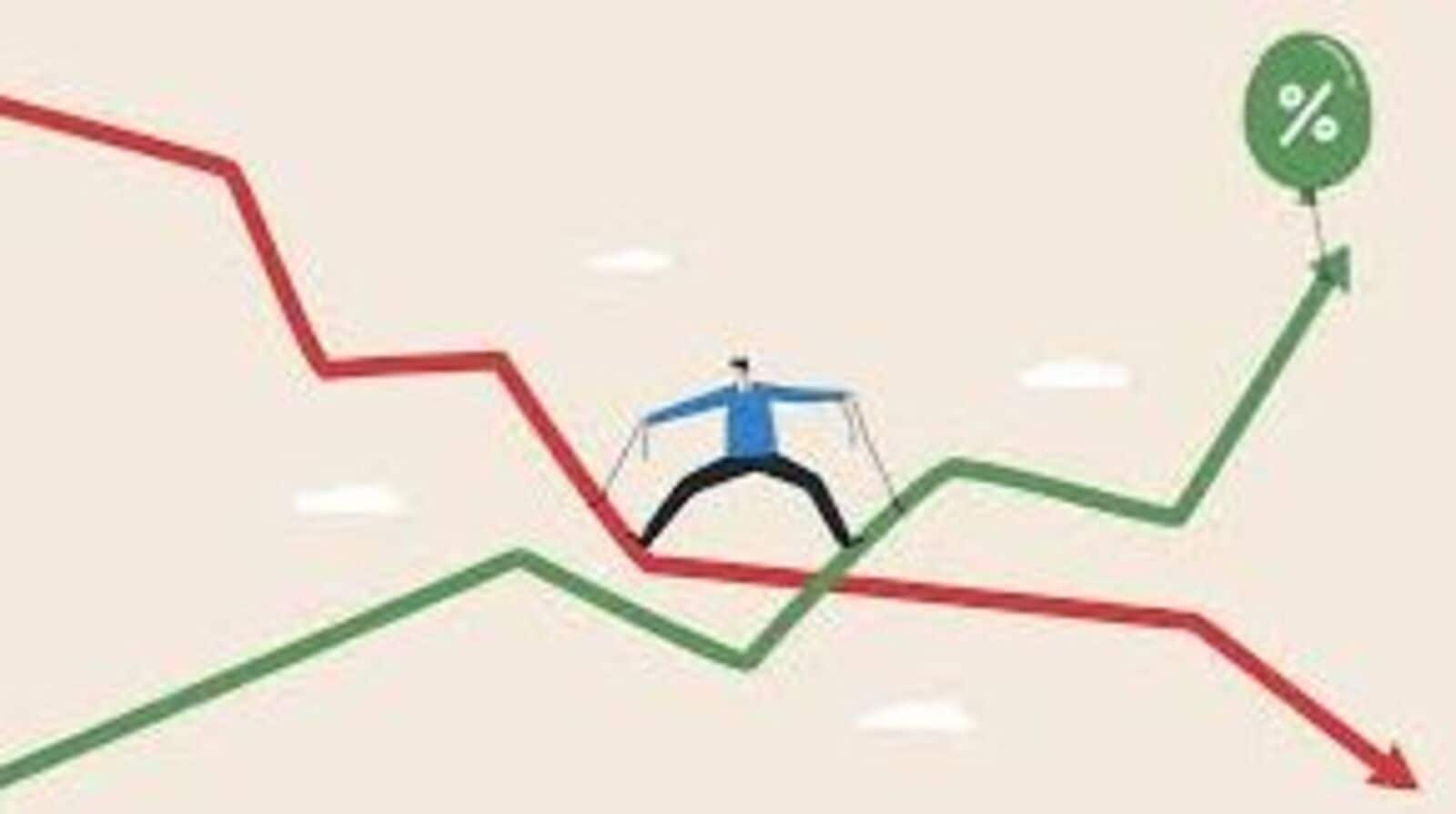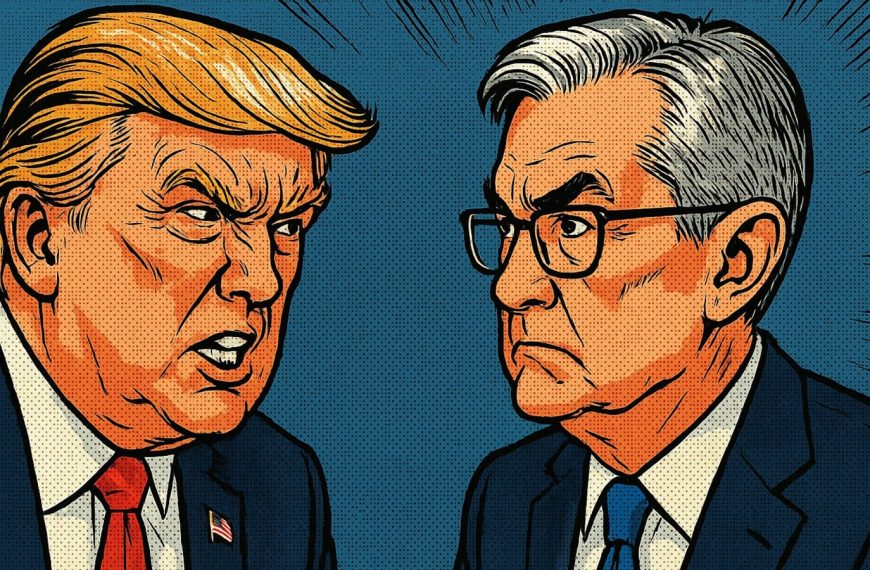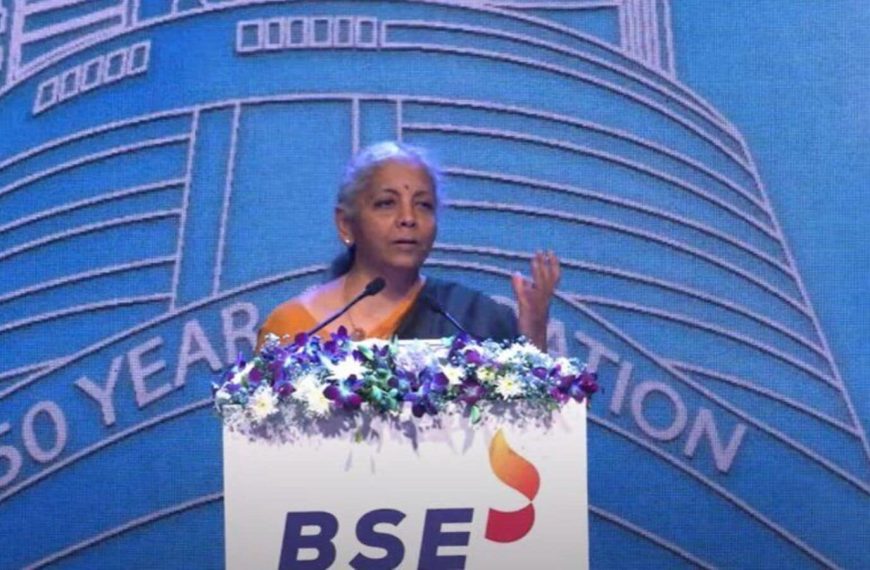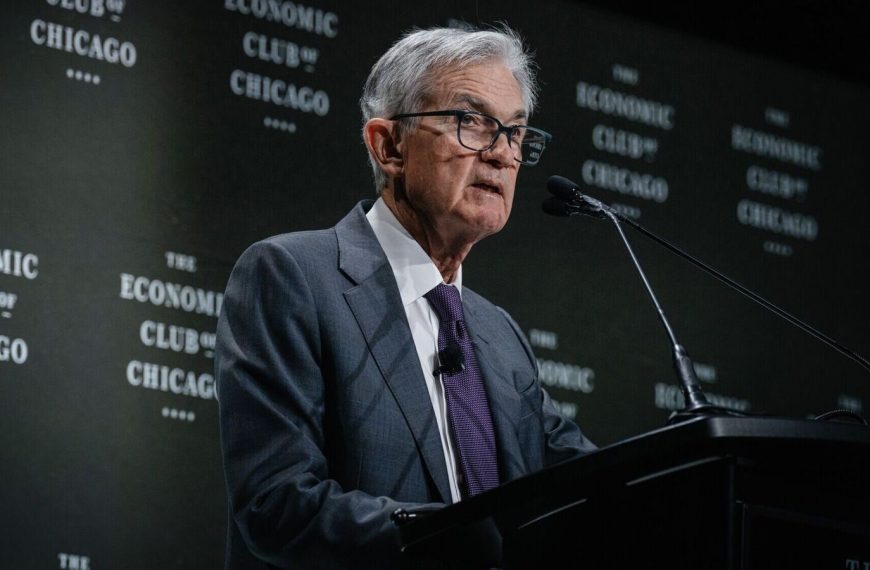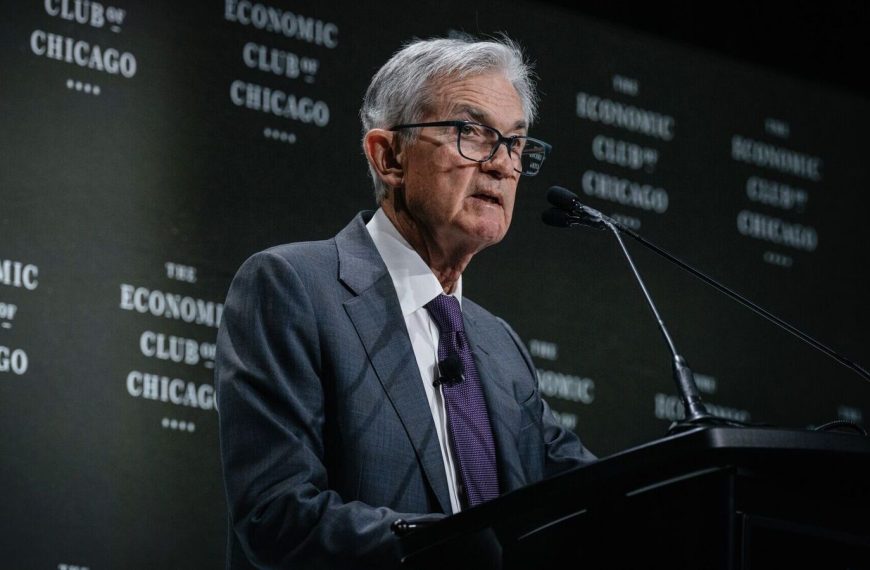Japan’s corporate giants are gearing up for significant wage increases yet again, marking the third consecutive year of negotiations aimed at alleviating the financial strain on workers due to rising inflation and an ongoing labor shortage. As Japan’s "shunto" or "spring labor offensive" approaches its conclusion this Wednesday, there is anticipation that many companies will follow through with substantial pay raises to retain talent and support their employees amid challenging economic conditions.
Record Wage Increases on the Horizon
Last year’s negotiations sparked the most considerable wage boost in 33 years, allowing the Bank of Japan to shift away from its prolonged ultra-loose monetary policy. Economists predict that this year’s pay raises could mirror last year’s average increase of 5.1%, following a 3.58% rise in 2023. Historically, wage growth in Japan has been modest, with increases hovering between 1-2% for the past two decades. This lag has left Japan’s wage levels trailing behind those of other OECD countries.
- Key Statistics:
- Average wage hike expected: 5.1%
- Last year’s hike: 5.1%
- Previous year’s hike: 3.58%
- Historical average (last 20 years): 1-2%
Union Demands Signal Change
Rengo, the largest labor union federation in Japan, representing 7 million workers, has voiced ambitions for an average wage increase of 6.09%. This request is a notable rise from last year’s 5.85% and represents the first time in 32 years that unions have aimed for a figure exceeding 6%. Some companies have already responded positively, with early negotiations resulting in notable agreements.
For example, Denso, one of Toyota’s primary suppliers, agreed on February 17 to a record wage increase, fulfilling union requests for a ¥23,500 monthly raise per employee, along with a bonus equivalent to 6.3 months of salary. This proactive approach by larger firms sets a precedent but raises questions about wage trends in small and medium-sized enterprises, which collectively employ about 70% of Japan’s workforce.
Implications for Economic Policy
Toyota, a benchmark for Japan’s manufacturing sector, has committed to enhancing payments for domestic components to enable its suppliers to implement wage increases. Broad wage growth is critical for the Bank of Japan as it considers further policy rate hikes from the current low of 0.5%.
Prime Minister Shigeru Ishiba’s administration is also advocating for robust wage increases to stimulate consumer spending. Rising prices for essentials have stifled real wage growth, which has been virtually stagnant. The consumer inflation rate reached 4.7% year-on-year in January, marking the highest increase in two years. Experts, including Kazutaka Maeda from Meiji Yasuda Research Institute, caution that even a 5-5.5% wage increase may only counteract inflation rather than stimulate real growth in consumer spending.
Conclusion
The annual wage negotiations are a defining aspect of Japan’s corporate landscape, characterized by a collaborative spirit between labor and management. As discussions unfold, the outcomes have the potential to reshape not only employee livelihoods but also the broader economic landscape as Japan navigates an evolving market environment.
In this crucial period, the focus will be on how many businesses participate in meaningful wage increases and their impact on the overall economy. The next few days will be pivotal as companies finalize their commitments to better compensate their workforce and respond to the pressing challenges of inflation and labor shortages.

